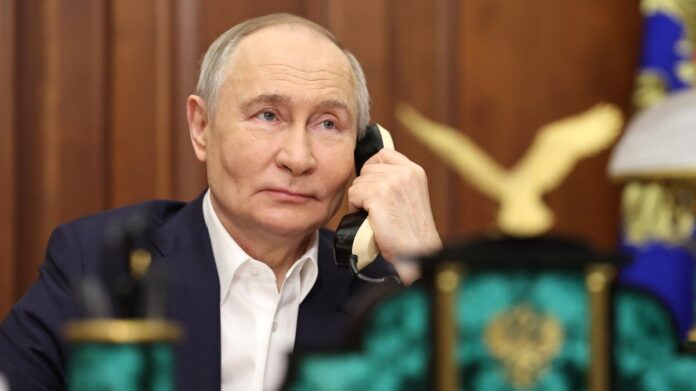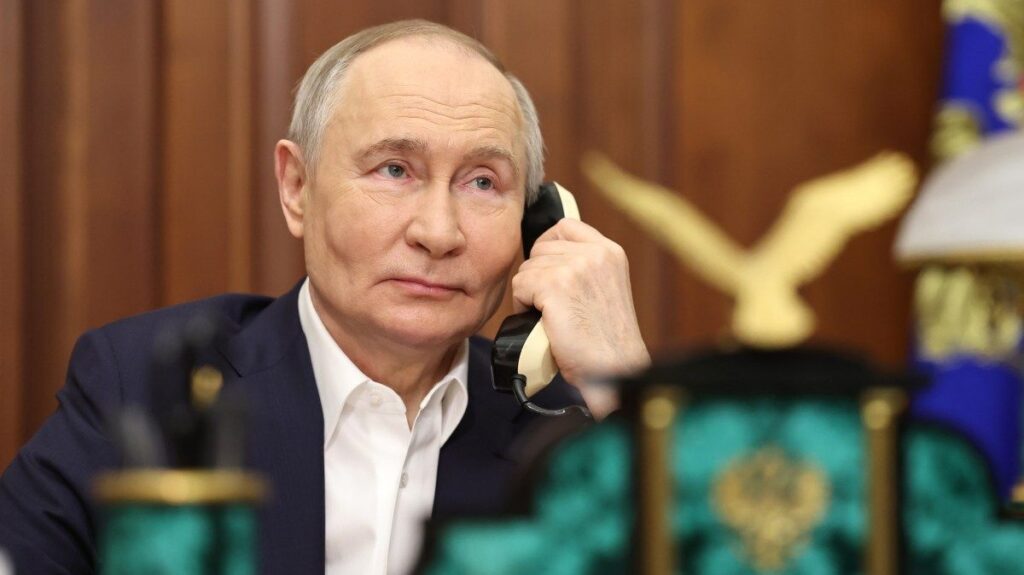
|
Getting your Trinity Audio player ready...
|
President Donald Trump is actively pursuing peace negotiations between Ukraine and Russia, with discussions focusing on the division of assets and territorial considerations. He is scheduled to speak with Russian President Vladimir Putin on Tuesday to advance these efforts.
A key component of the proposed peace plan includes a 30-day ceasefire, during which both sides would halt attacks on energy and infrastructure targets. This limited ceasefire aims to pave the way for broader peace talks and a potential maritime ceasefire in the Black Sea.

The negotiations are expected to address sensitive issues such as territorial concessions by Ukraine and control of critical infrastructure, including the Zaporizhzhia nuclear power plant. These topics are contentious, with Ukraine expressing concerns over potential compromises on its sovereignty.
Additionally, the Trump administration is contemplating recognizing Crimea as Russian territory as part of the peace deal. This consideration has raised concerns among European allies and Ukraine, given Crimea’s annexation by Russia in 2014 and the subsequent international sanctions imposed on Moscow.
Analysts suggest that while these negotiations could lead to a cessation of hostilities, the proposed asset division and territorial concessions present significant challenges. The outcome of the upcoming talks between Presidents Trump and Putin will be crucial in determining the feasibility of a lasting peace agreement.
- Madueke Steps Up as Arsenal Crush Leeds and Strengthen Title Push
- US Government Enters Partial Shutdown Despite Late Senate Funding Deal
UK–China Reset: What Starmer’s China Visit Really Achieved- IShowSpeed and the Collapse of the African Narrative
- The Guardiola Blueprint: Manchester City’s Relentless, Costly Pursuit of Perfection


















